Water filtration is a critical process for ensuring clean and safe water for various applications, from household use to industrial processes. Among the different types of filtration methods, sediment filtration stands out as a simple yet effective way to remove physical impurities from water. In this article, we delve into everything you need to know about sediment filtration, its importance, and how it works.
What is Sediment Filtration?
Sediment filtration is a process that removes suspended particles, such as sand, silt, dirt, and rust, from water. These particles, collectively known as sediment, can affect the taste, appearance, and safety of water. Sediment filters are typically the first line of defense in water treatment systems, preventing larger debris from clogging or damaging subsequent filtration stages or equipment.
Why is Sediment Filtration Important?
Sediment filtration is crucial for several reasons:
- Protecting Equipment: It prevents sediment from damaging plumbing systems, water heaters, and other appliances.
- Improving Water Quality: By removing physical contaminants, it enhances water clarity and taste.
- Prolonging Lifespan of Filters: Sediment filtration reduces the load on finer filtration systems, such as carbon or reverse osmosis filters, extending their lifespan and efficiency.
How Does Sediment Filtration Work?
Sediment filtration works by passing water through a filter medium designed to trap particles of specific sizes. The effectiveness of the filtration depends on the pore size of the filter, which is typically measured in microns. Filters can range from coarse (20+ microns) to fine (1 micron or smaller). Here are the common types of sediment filters:
1. Spin-Down Filters
Spin-down filters use centrifugal force to separate larger sediment particles from water. These filters are ideal for applications where water contains high levels of large debris.
2. Pleated Filters
Pleated filters have a large surface area due to their folded design, making them effective for capturing a higher volume of sediment. They are reusable and washable, which makes them cost-effective in the long run.
3. String-Wound Filters
String-wound filters consist of a tightly wound string around a central core. They are effective for trapping smaller particles and are widely used in residential and commercial applications.
4. Spun Polypropylene Filters
These filters are made from thermally bonded polypropylene fibers and are effective for removing fine sediment. They are often used in multi-stage water filtration systems.
Applications of Sediment Filtration
Sediment filtration is used in a variety of settings, including:
- Residential: For treating well water or municipal water supplies to ensure clean drinking water.
- Industrial: In manufacturing processes where water quality is critical.
- Agricultural: To protect irrigation systems from clogging.
- Municipal: As a preliminary step in large-scale water treatment plants.
Maintenance of Sediment Filters
Proper maintenance is essential to ensure the effectiveness of sediment filters:
- Regular Cleaning or Replacement: Depending on the type of filter, clean or replace it according to the manufacturer’s recommendations.
- Monitor Pressure Drops: A significant drop in water pressure can indicate a clogged filter that needs attention.
- Inspect for Damage: Check for cracks or wear in the filter housing that could compromise filtration.
Choosing the Right Sediment Filter
Selecting the right sediment filter depends on factors such as:
- Water Quality: Analyze the size and type of sediment in your water.
- Flow Rate: Ensure the filter can handle your water flow requirements.
- Micron Rating: Choose a filter with a pore size suitable for your filtration needs.
- Compatibility: Ensure the filter fits your existing filtration system or setup.
Conclusion
Sediment filtration is a foundational step in water treatment, offering a cost-effective and efficient solution for removing physical impurities. Whether you’re protecting household appliances, ensuring clean drinking water, or maintaining industrial systems, sediment filters play a vital role in achieving water quality goals. By understanding how sediment filtration works and selecting the right filter for your needs, you can ensure a reliable supply of clean water for any application.



